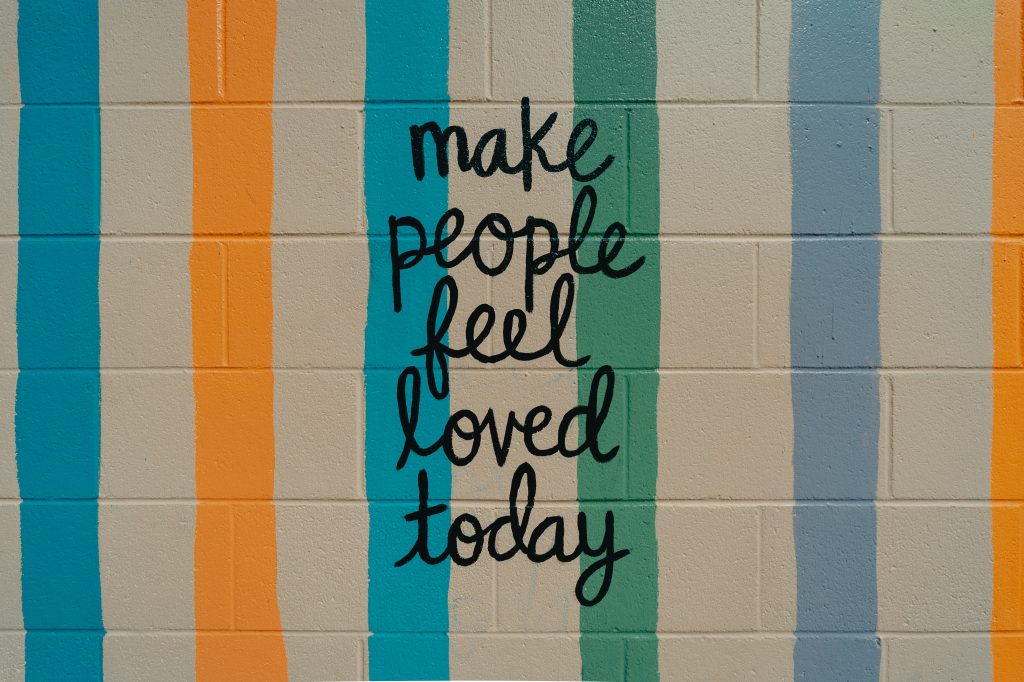
Empathy and Compassion: Building a Stronger Support Community
Empathy and compassion are crucial for adolescents and young adults with cancer and their support community. Cancer can be a difficult and trying experience, and it can be easy for misunderstandings and hurt feelings to arise. However, empathy and compassion can help to build understanding and support during this challenging time.
What’s the difference?
Sympathy is defined as “the feeling that you care about and are sorry about someone else’s trouble, grief, misfortune, etc.” Being sympathetic is a kind gesture and can create some feeling of support, but empathy is a much better way to connect with someone going through hard times.
Empathy is defined as “the feeling that you understand and share another person’s experiences and emotions.” In other words, you can share someone else’s feelings. You don’t only hear their words; you feel them.
With sympathy, supporters tend to feel sorry for the person struggling, creating feelings of pity. These feelings of pity or messages like “you poor thing” are unhelpful and can make the person who needs support feel like nobody understands them, leading to feelings of isolation. By swapping out sympathy for empathy, supporters can hear their loved one’s perspective more clearly, leading to more helpful support. Empathy connects people and creates a space for mutual understanding and genuine compassion.
View this post on Instagram
How empathy and compassion helps AYAs
Empathy and compassion can provide a sense of understanding and validation for adolescents and young adults with cancer. They may feel isolated and alone in their experience, and empathy and compassion can help them to feel heard and understood. Additionally, it can help to build trust and open up lines of communication, which can be especially important during this difficult time.
Empathy and compassion can also be important for the support community of adolescents and young adults with cancer. They may have their own struggles and frustrations and may struggle with feelings of helplessness or anger. Empathy and compassion can help them understand the experience of the young person with cancer and provide a sense of validation for their feelings.
How to have more empathy and compassion
Empathy and compassion are not innate. They can be learned and improved. Here are some tips to help improve both for the patient and the support community:
- Listen actively: Give your full attention to the conversation and try understanding the other person’s perspective. This can help to build understanding and trust.
- Practice mindfulness: Mindfulness can help you to be more present and aware of your own emotions and the emotions of others.
- Take a step back: Sometimes, it can be helpful to take a step back and try to understand the situation from a different perspective.
- Show your support: Showing your support can help to validate the other person’s feelings and provide a sense of understanding.
- Educate yourself: Educating yourself about cancer, its treatments, and the experience of young people with cancer can help you to understand and empathize with their experience.
Learn more about supporting a friend:
- Read Sympathy vs. Empathy vs. Compassion: Cancer Support and Where Each Fits
- Watch Caregiving with Empathy
- Download the Supporter Roadmap
- Follow us on Instagram
- Learn more about the b-present Foundation
